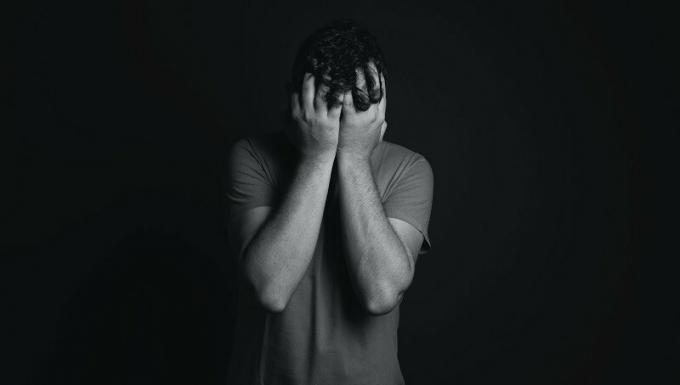Learn to feel good
The vast majority of clients who visit a psychologist do so because they feel bad. That is why it is logical that they are concerned about knowing if they can learn to feel good on a daily basis.
And the truth is that yes, you can, but you have to know how. Because feeling bad, like so many other things in life, is a habit, a habit that we have learned and practiced without realizing it.
- Related article: "Personal Development: 5 reasons for self-reflection"
The ability to learn to feel good is a reality
It may be due to something we have learned in our childhood and adolescence, in our family environment.
It may also be due to some type of event, such as having lost a loved one, an accident or an illness.
And it can also be due to a particularly hard or cruel past, something that we have had to live through and it is difficult to leave behind. It is usually something that seems to be with us throughout life.
Sometimes it can be due to emotional deficiencies. Or the lack of those skills that are necessary to relate to others and to ourselves.
And often, it is simply because we don't know each other and we live playing a role that makes us feel empty.
Luckily, over the years you learn that people are much stronger than you usually think, and that when they propose it and learn how to do it, they are able to overcome obstacles that seemed insurmountable.
- You may be interested in: "What is trauma and how does it influence our lives?"
The key is resilience
For years I have known people who have overcome terrible childhoods, traumatic events, painful experiences, enormous losses and emotional pain of dimensions difficult to understand.
And the first question they ask at the beginning is whether they are ever going to be able to feel good. Of course yes! But let's talk about it wisely.
If what is intended is to have continuous happiness in which the person is radiant and enjoying all hours of the day, it is important to know that this does not exist. It is not easy to make people see that continued happiness is not a natural state, especially because everyone understands what happiness is in their own way.
If a person tells you that he can teach you to always feel happy, he is deceiving you. But learning to feel good is another thing.
To do?
Anyone who really wants to can learn to feel good most of the time, with a sense of well-being, of comfort, of being comfortable in their own skin.
But to get there it takes time, because It is not real or healthy to try to change in a very short time a habit that we have been dragging for most of our lives.
And one of the first steps is usually to clean up your own life: eliminate situations, relationships and memories that hurt us and prevent us from moving forward.
You also have to learn to change the reactions of tension, anger or sadness that for various reasons we usually have automatically.
That is why a trusting relationship with the psychologist is necessary: because it's scary to let go of what you know, no matter how bad it is.

And it is very curious to realize that as some things are released, the inner sensations begin to change. And how the negative emotions to which we seemed condemned for life, begin to transform, little by little, at a rate that allows us to assimilate the changes.
And although it sounds strange, many people need time to adjust to new pleasant emotions, which they weren't used to.
Although it sounds strange, many people do not know what it is to live in a relaxed way, with joy and enthusiasm.
These new emotions are precisely the new habit that is going to be implanted. And this is where the therapist will provide all the resources and techniques that are needed so that well-being becomes a natural part of your life.
The good news is that if the process is done well, in the right way, the change is gradual and can come to be very pleasant, as if it were an adventure in which new ones are gradually discovered treasures.
It is very common to see that people who have had a bad time and have begun to make this change; they are transforming into very wise people in front of our eyes, because suffering, when it is understood, assimilated and overcome, becomes an excellent teacher of life.
And finally, the person who has made the emotional change, will have a series of techniques and resources that will be useful for the entire life, because the improvement process always continues, since in the end it is the person himself who becomes the architect of his own life.
But the best thing is most people who have achieved their own well-being tend to say that they now have a much greater capacity to enjoy life than most people, because they already know what it's like to live in the dark. And we all know that the things you value and enjoy the most are the things you get for yourself.
The truth is that these are deeply human, beautiful and pure growth processes. Because there is nothing better than seeing how people improve their own lives and feel better and better.
